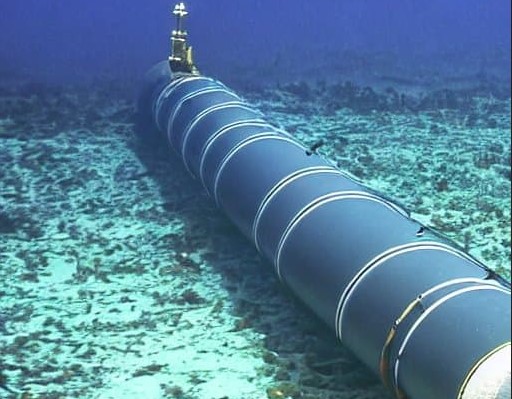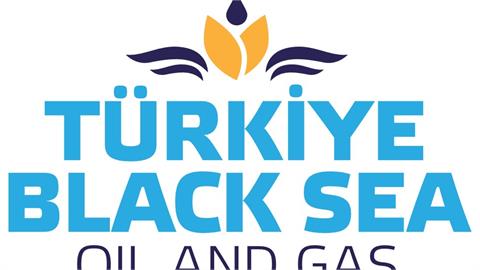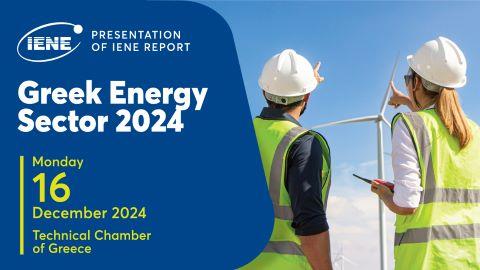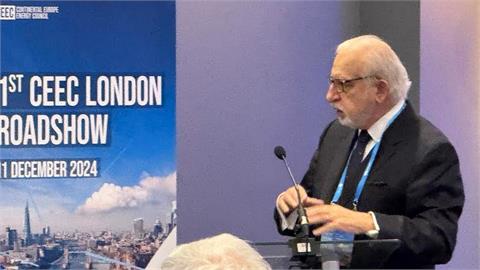That was the theme of a hastily convened workshop by the Directorate of National Defense Policy and International Relations of Greece’s Ministry of National Defense, in response to rising concern by NATO. Opening the Workshop, which took place in the Armed Forces Officers Club in Athens, Lt. General Hans-Werner Wiermann, head of NATO’s ESCD/ Critical Undersea Infrastructure Coordination Cell stressed the need of anticipatory action in view of rising regional threats both tactical and unorthodox
Several distinguished speakers covered a diverse agenda spanning from Defense and Energy policy and telecommunications to electricity and gas infrastructure.
Following an invitation by the organisers the Chairman and Executive Director of the IENE, Mr.Costis Stambolis,participated in the Workshop and presented the Institute’s findings and approach concerning, “the protection of critical undersea energy infrastructure”.In his opening remarks the head of the IENE observed that “as global and regional energy needs continue to increase and the energy transformation is gathering pace inevitably there is going to be a need for more related infrastructure. A significant part of such infrastructure will involve oil and gas,hydrogen and electricity with the underwater element becoming prominent in view of much needed regional and cross border interconnections”.
In his presentation (here) Costis Stambolis described the risks involved in the various underwater installations in oil and gas production wells, subsea wells, gas transmission pipelines, electricity cables and offshore wind parks. He presented details of existing and planned projects in the SEE and East Mediterranean region ( i.e gas pipelines, electricity interconnectors ) while he concluded his presentation by describing in detail the measures that need to be taken for the effective protection of critical underwater energy infrastructure, especially in view of enemy action and terrorist threats.




